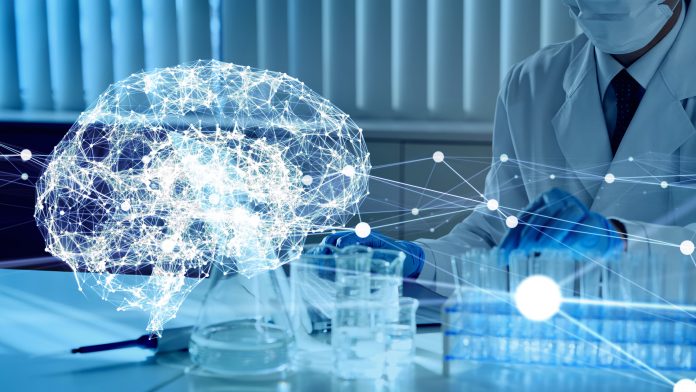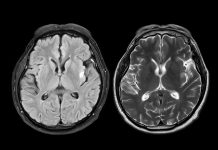In a groundbreaking collaboration, the Accelerated Capability Environment (ACE) has teamed up with the NHS’s AI Skunkworks to harness AI to diagnose Parkinsons with unprecedented speed
This innovative approach can potentially revolutionise Parkinson’s research and patient care.
AI to diagnose Parkinsons
Parkinson’s disease is the world’s fastest-growing neurological disorder, with over 10 million global diagnoses—an alarming number expected to double over the next five decades.
Aging remains a prominent risk factor, underscoring the urgency for rapid and precise diagnoses. AI to diagnose Parkinsons promises to address this pressing healthcare challenge.
AI’s pivotal role in diagnosis
Conventional methods demand 4 to 6 hours of manual assessment for Parkinson’s research, significantly hindering progress. AI diagnosing the disease aims to automate critical aspects of this process, enhancing efficiency and scalability—a crucial development given the global shortage of trained neuropathologists.
Automated brain image classification
In a collaborative 12-week project with Parkinson’s UK, ACE gained access to the renowned brain bank at Imperial College London, assembling a comprehensive dataset of 401 digitized brain images.
AI to diagnose Parkinsons allowed researchers to pinpoint areas affected by alpha-synuclein—a pivotal marker of Parkinson’s pathology—the result: a groundbreaking leap forward in Parkinson’s diagnosis.
Advancing precision and prospects for Parkisons diagnoses
Guided by the Polygeist project within ACE’s Vivace community, a proof-of-concept classifier achieved an impressive accuracy rate of approximately 92%. Designed for the automated diagnosis of Parkinson’s from digitised brain images, this classifier has slashed diagnosis time from hours to minutes. Neurologists can now focus their expertise on complex cases.
The effectiveness and potential of AI to diagnose Parkinsons are on the verge of practical, real-world applications.
With AI to diagnose Parkinsons leading the way, researchers and healthcare professionals are streamlining diagnostics and unlocking new horizons in understanding this intricate disease and advancing potential treatments.
The future holds immense promise, including plans to differentiate disease stages further, identify markers for related conditions like dementia, and explore the application of AI in live patient brain scans—an exhilarating frontier in the fight against Parkinson’s Disease.








